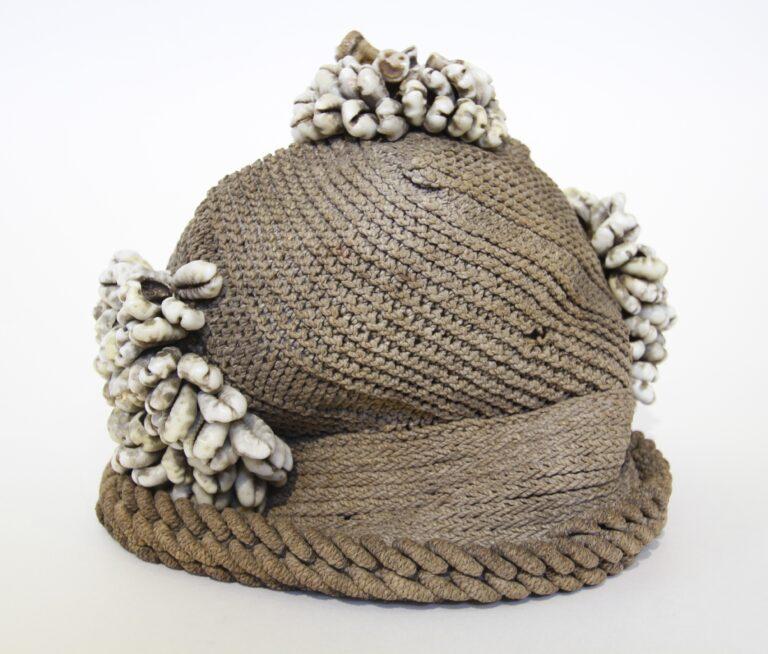Road March 2023

Congratulations to Ian Alvarez aka Bunji Garlin and Fay-Ann Lyons on his auspicious win at the 2023 Road March competition in Trinidad. His power soca hit, “Hard Fete” was played 135 times as most masqueraders chose to jump across the stage to his tune. Both Garlin and Fay Ann, his wife, are credited as writers for “Hard Fete”. This is the Ragga Soca King’s second Road March title but first as a solo artist. In 2019, Garlin collaborated with Machel Mantano and Skinny Fabulous to win the title with “Famalay”, the first tri-collaboration to ever win the competition.
Ragga soca is a music indigenous to the twin island and incorporates the freestyle aesthetics of hip-hop, reggae and dancehall lyricists, including political and social commentary of calypso with an infusion of soca rhythms and vocals. “Hard Fete” was no exception. The hit begins with Garlin freestyling the lyrics and then transitioning to power soca.
Ragga Soca was initially developed by Lord Shorty in an effort to revive traditional calypso, the popularity of which had been flagging amongst younger generations in Trinidad and Tobago due to the rise in popularity of reggae from Jamaica and soul and funk from the United States. Although originated by Lord Shorty, I had never heard that genre of soca before Garlin’s rendition in the late 1990s. Now I know many may disagree, however, as a kid I only had an appreciation for the soca music my parents listened to on the radio because I had very limited options. It was not until my teenage years I found my liking for the various genres of soca music.
For those who might be asking, the Carnival Road March is the musical composition played most often at the “judging points” along the parade route during the Trinidad and Tobago carnival. Originating as part of the twin island carnival, the term “Road March” has been applied to other Caribbean carnivals. There it was and is still viewed as a musical genre.
In Trinidad and Tobago the Road March Competition has been held officially every year since 1932 (with the exception of the years affected by World War II when carnival did not officially take place). Popular unofficial road marches have been recognized in Trinidad and Tobago since 1834. Prior to World War II, the twin island road marches were referred to as “leggos” or “breakaways” by locals but were rebranded by the Carnival Committee as the Road March from 1946. A point system is used for scoring and judging is based upon a register-and-count system devised by a carnival committee before the start of the parade. Songs eligible to be in the road march competition are those vocalised by local Trinidad and Tobago artistes. The Road March Competition is considered the most prestigious title in Trinidad Carnival with the late, great Lord Kitchener (aka The Grand Master) who had eleven wins, ahead of Super Blue with ten wins, Machel Montano also with ten wins and the Mighty Sparrow with eight wins. Calypso Rose was the first female to officially win the Trinidad and Tobago Road March competition in 1977 with her song “Give More Tempo”. The following year 1978 with “Come Leh We Jam” in addition to winning the Road March title again, Calypso Rose also won the “Calypso King” competition, the first time a woman had received that award.
With that said, Leh meh leave all yuh with a taste “Hard Fete”.
I not going no small fete, let me extend my apology/Only big fete with big flag, going overhead like canopy/Rag in meh back pocket/with a white vest, sneakers and wallabees/Knife tips and tight pants/
I never really rate none of these. I come from brass festival/and from customs and from flour mills/Was a fete, fire fete and licensing fete/and them had ah power pill. Everybody gone nice and groovy/Bunji allyuh pushing power still?/ If is me alone/leave me with power on ah hill. I ain’t come here for no stand up/I come to party with meh hand up!/ So all soca people put yuh two hand/in the air. Yuh two hand in the air/Yuh two hand in the air.
Subrina Hall-Azih is a Trinidadian educator residing in New York.






